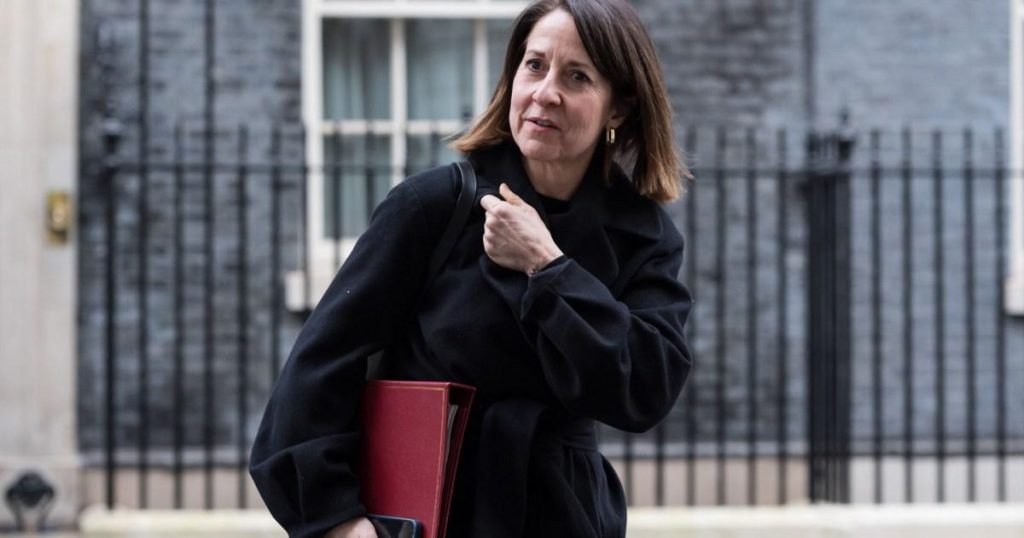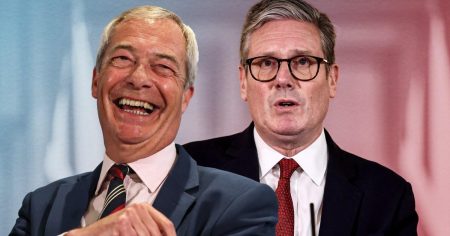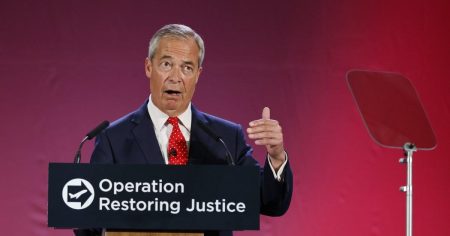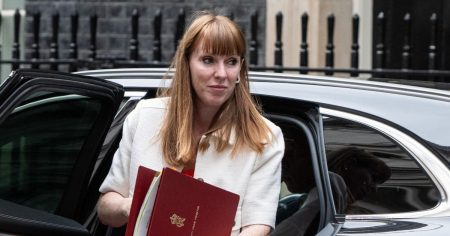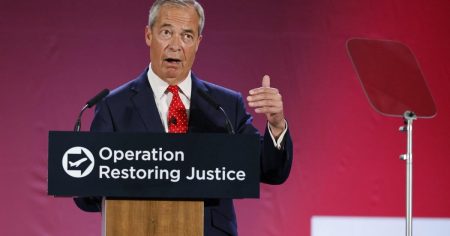The UK government is facing criticism over its plan to cut £3 billion from health and disability benefits, a target inherited from the previous Conservative administration. Charities and disability advocates argue that these cuts will exacerbate poverty among disabled individuals and create further barriers to employment, contradicting the government’s stated goal of increasing the employment rate. The government, however, maintains that the cuts are necessary for economic stability and are compatible with its broader strategy to support people into work. This tension between fiscal austerity and social welfare forms the central debate surrounding the proposed benefit reductions.
The government’s justification for the cuts rests on the argument that they are essential for maintaining economic stability and are not inherently opposed to supporting people into employment. Disability and Social Security Minister Sir Stephen Timms emphasizes that the savings are “wholly consistent” with reforming the system to better assist individuals in finding work. He highlights the need for a balanced approach, acknowledging the importance of providing support for those unable to work while also ensuring fiscal responsibility. The government’s strategy, therefore, appears to hinge on the belief that it can achieve both fiscal savings and improved employment outcomes simultaneously.
Critics, however, argue that the government’s approach is fundamentally flawed, emphasizing the negative impact of benefit cuts on disabled individuals. Charities like Scope argue that cutting benefits removes vital support that disabled people rely on, pushing them further into poverty. They highlight the increased cost of living for disabled individuals and the added stress caused by the fear of losing benefits, which can hinder their ability to seek and maintain employment. This perspective underscores the potential for the cuts to create a vicious cycle, where reduced support makes it even more difficult for disabled people to enter the workforce.
The government’s broader employment strategy aims to achieve an unprecedented 80% employment rate, focusing on bringing individuals with long-term sickness or lacking basic skills into the workforce. Initiatives like the one observed by Sir Stephen Timms at the St Mungo’s homeless charity, which provides vocational training in skills like plumbing and decorating, are seen as crucial to achieving this target. The government’s “Get Britain Working” white paper outlines the plan to boost the economy by integrating millions of currently unemployed individuals into the workforce. This ambitious plan aims to transform the Department for Work and Pensions (DWP) from a welfare-focused entity to a department dedicated to promoting employment.
The core disagreement between the government and its critics lies in their differing approaches to addressing the issue of unemployment among disabled individuals. The government emphasizes the need for fiscal responsibility and views benefit cuts as a necessary step towards achieving a stronger economy, while simultaneously claiming that these cuts can be implemented in a way that improves the system and supports people into work. Critics, on the other hand, argue that focusing on cuts first, rather than on effective support systems for disabled people, is a misguided approach that will ultimately exacerbate poverty and create further barriers to employment. This fundamental difference in perspective highlights the complex challenge of balancing economic considerations with the needs of vulnerable populations.
The upcoming Green Paper, to be launched by the Department for Work and Pensions this spring, will serve as a platform for consultation on how best to implement the £3 billion in cuts. While the target for cuts remains fixed, the consultation process aims to gather input on the most effective and equitable way to achieve these savings. This process will likely be closely scrutinized by both sides of the debate, with charities and disability advocates pushing for solutions that minimize harm to vulnerable individuals, while the government seeks to defend its approach and demonstrate its commitment to both fiscal responsibility and supporting those in need. The outcome of this consultation will significantly shape the future of disability benefits in the UK and the overall impact on the lives of disabled individuals.





